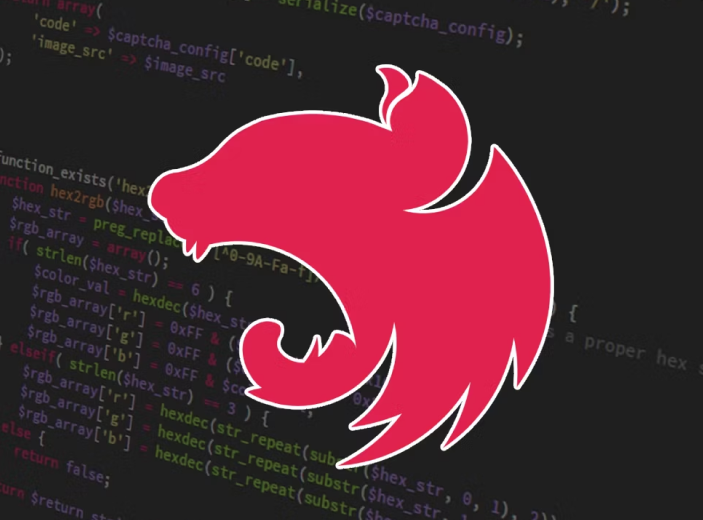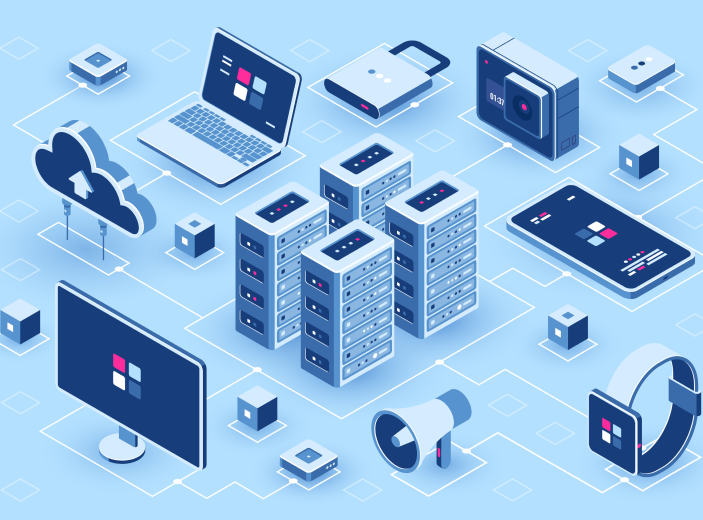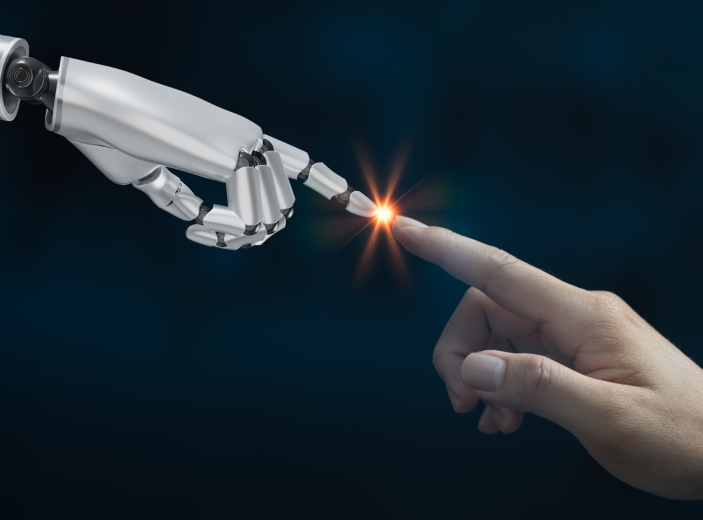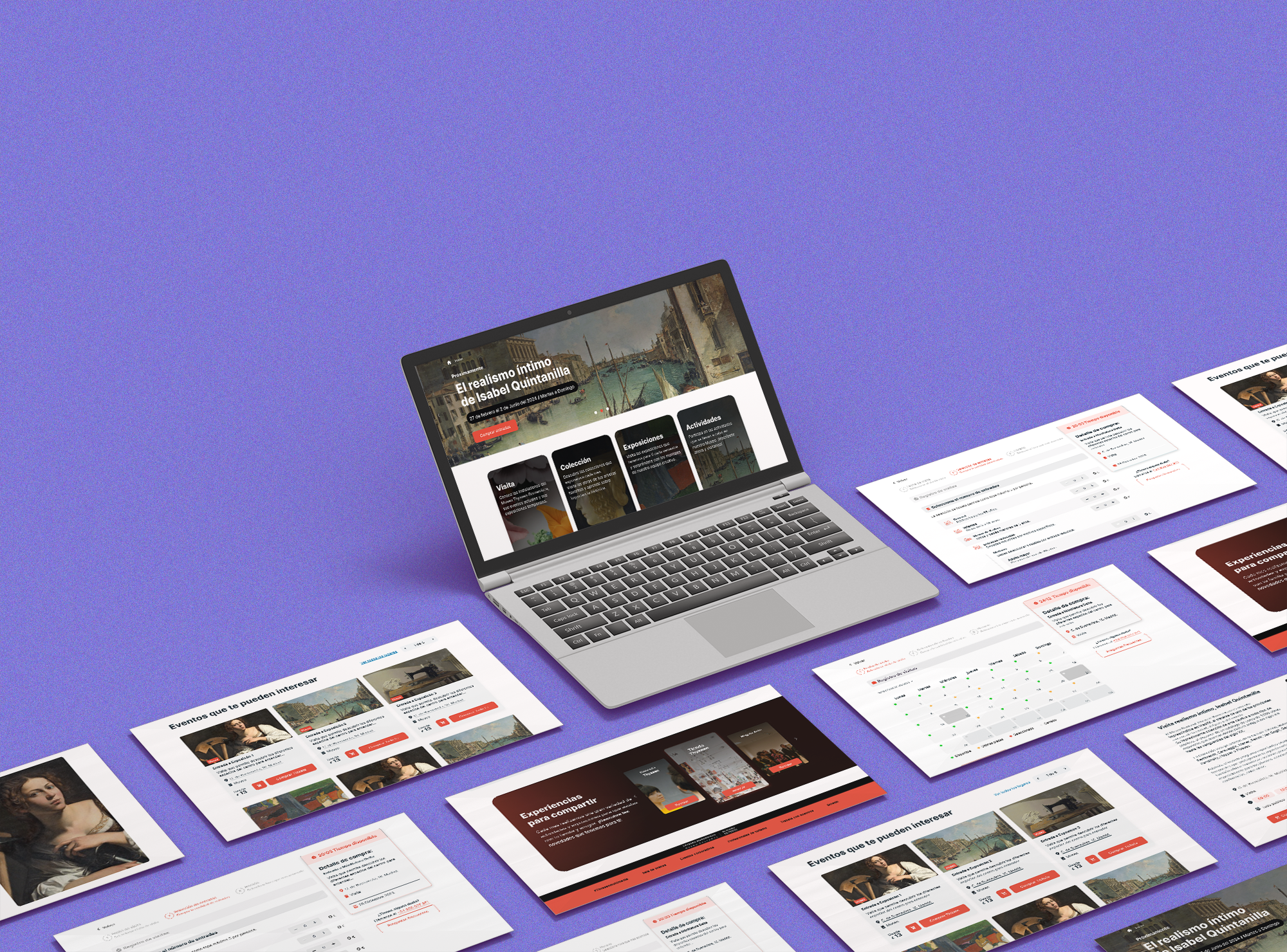Share this article
In a world where technology is advancing at a dizzying pace and work dynamics are constantly evolving, organizations face a critical challenge: closing the skills gap to remain competitive.
The “2025 Global Learning & Skills Trends Report” by Udemy Business highlights the critical priorities for companies and employees seeking to successfully adapt to this new paradigm.
Screen displaying generative AI tools summarizing data analysis and task automation in an office setting.
By 2025, half of all workers will need to upskill, and 25% of job roles will be completely transformed by 2028.
Skill Development and Validation
One of the biggest challenges in today’s workplace is the skills gap. According to the report, half of the workforce will need to refine their skills by 2025, and a quarter of job roles will undergo complete transformation by 2028.
To address this challenge, companies must adopt a skills-based approach, enabling employees to continuously develop and validate their knowledge. This not only enhances employability but also strengthens organizations’ ability to adapt to change.
Validating skills through certifications and structured learning programs is a key strategy to ensure that employees not only acquire knowledge but also apply it effectively in their work environment.
Generative AI as a Driver of Change
Generative artificial intelligence is no longer a novelty—it has become an essential workplace tool. More and more companies are integrating this technology into their processes, boosting productivity and efficiency. However, the main challenge lies in training employees to use AI effectively and responsibly.
The report emphasizes that adopting generative AI requires not only technical skills but also a mindset shift. Companies that successfully scale its implementation will maximize its potential. It is crucial for workers to understand not just how to use AI tools but also their ethical implications and associated risks.
New Leadership for an Evolving World
Leadership roles are also undergoing transformation. Change fatigue and the emergence of new technologies require executives to develop adaptive and technological skills.
According to the report, more than half of CEOs believe they will need to transform their business models within the next decade to remain relevant. To achieve this, it is crucial that leaders understand generative AI, foster collaboration, and build resilient corporate cultures. Leadership today is not just about making informed decisions but also about inspiring and equipping teams with new technological skills and innovation strategies.
A Future Built on Continuous Evolution
Learning, skills, and adaptability are the new competitive advantages. Companies that invest in skill development, effectively integrate AI, and reshape their leadership strategies will be better positioned for success in an ever-changing world.
The future of work will not only depend on technology but also on organizations’ ability to evolve alongside it. Now more than ever, continuous learning is the key to thriving in the new work era. Organizations that implement flexible and personalized learning strategies will not only ensure their market relevance but also foster the long-term well-being and growth of their employees.
For more details, we invite you to read the full report shared by Udemy Business. Download it here.














